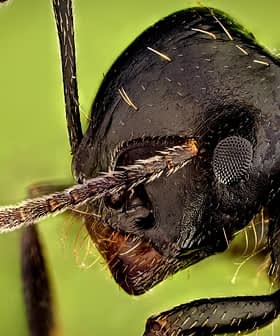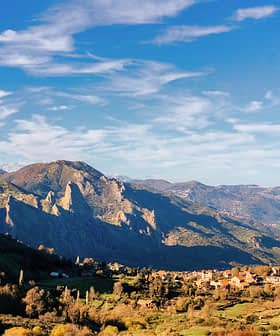In the hopes of sparking wider debate, the International Olive Council is this week hosting a seminar on olive cultivation and olive oil quality issues.
The first of what are to be regular meetings on pertinent issues, the five-day seminar at the IOC’s Madrid headquarters has attracted 84 participants from 14 of the 17 IOC member countries and began on Monday with lectures on changes in olive growing and their implications for sustainable development.
In addition to looking at end product quality, speakers examined what could be done to increase inherent potential determined by genetic factors. Lecture topics included “World Olive Germplasm Bank” and “Genetic improvement.”
Irrigation and fertilisation; soil management; sustainable olive pest and disease control; pruning; mechanised harvesting; hedgerow planting layouts; trials underway in Apulia, Sicily and Tunisia; and orchard productivity are also among the topics being covered by the 30 lecturers selected by the Executive Secretariat from Spain, Italy and Tunisia.
Under the heading “The olive oil value chain,” presentations on Thursday and Friday are expected to include an inter-country comparison of production costs, and technical/economic analysis of new olive growing models and olive oil mills.
The seminar is due to close on Friday with a panel discussion featuring: Monji Msallem, researcher, Institut de l’Olivier (Tunisia); Joan Tous Martí (Spain); and Luis Rallo Romero, Agronomy Departament of the University of Córdoba (Spain). IOC Executive Director Jean-Louis Barjol will give a closing address.
Regular seminars on topical themes
In a statement, the IOC said such international seminars were intended to broadcast research findings, stimulate debate and transfer knowledge and expertise.
The IOC’s Executive seeks inspiration from contemporary issues or suggestions from other parties, and will also ask participants in this week’s seminar to suggest future subjects.
As for disseminating the seminar information, the IOC said that “in future it plans to keep private stakeholders better informed by channelling information to the members of the joint IOC/private-sector Advisory Committee on Olive Oil and Table Olives.”
New task force
The IOC also announced that it plans to set up a scientific task force in 2012, “to take stock of ongoing olive and olive oil research and to propose topics to the IOC that would warrant holding an international seminar or arranging another type of activity.
“The plan is to create an ad hoc expert team of 3 to 4 people at the most on each of the topics identified by the scientific task force. The brief of this team will be to determine the specific content of the proposed activity,” it said.
To see details of the speakers and topics from this week’s seminar, see the programme here.








